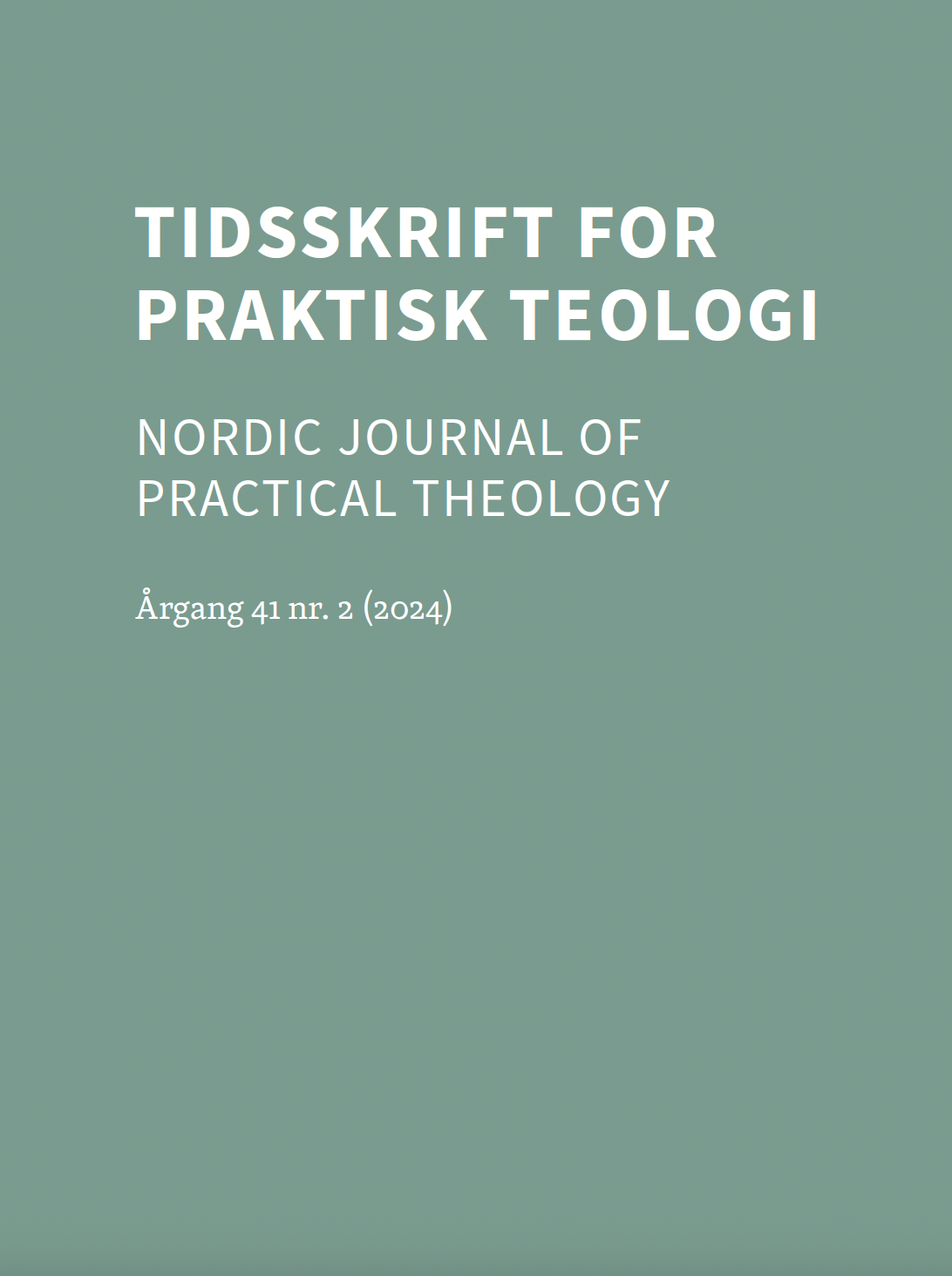Sjelesorg i møte med klimafølelser
Betydningen av emosjonell granularitet og eksistensiell resonans
DOI:
https://doi.org/10.48626/tpt.v41i2.5575Nyckelord:
Klimafølelser, Emosjonell granularitet, Resonans, Klimaangst, Sjelesorg, Økologisk sorg, Sorgmodeller, EmosjonsreguleringAbstract
The climate crisis represents an existential threat, necessitating adaptations in pastoral care to address its complex emotional landscape. This article explores the integration of two key concepts—emotional granularity and existential resonance—into the field of pastoral care, enriching established grief models such as Kübler-Ross's stages of grief and Stroebe and Schut's dual-process model. Drawing from Lisa Feldman Barrett's theory of emotional granularity, which enhances psychological flexibility by differentiating emotional states, and Hartmut Rosa's resonance theory, which emphasizes meaningful connection to the world, the article offers innovative frameworks for addressing climate-related emotions like eco-anxiety, ecological grief, and active hope. These approaches aim to expand pastoral care's capacity to foster emotional awareness and reconnect individuals with their environment and spirituality. By integrating these theories, pastoral care can provide tools for navigating the emotional and existential challenges of the climate crisis, promoting emotional resilience and deeper existential engagement.
Nedladdningar
Statistik
##submission.downloads##
Publicerad
Nummer
Sektion
Licens
Copyright (c) 2024 Tidsskrift for Praktisk Teologi

Detta verk är licensierat under en Creative Commons Erkännande-IckeKommersiell 4.0 Internationell-licens.





